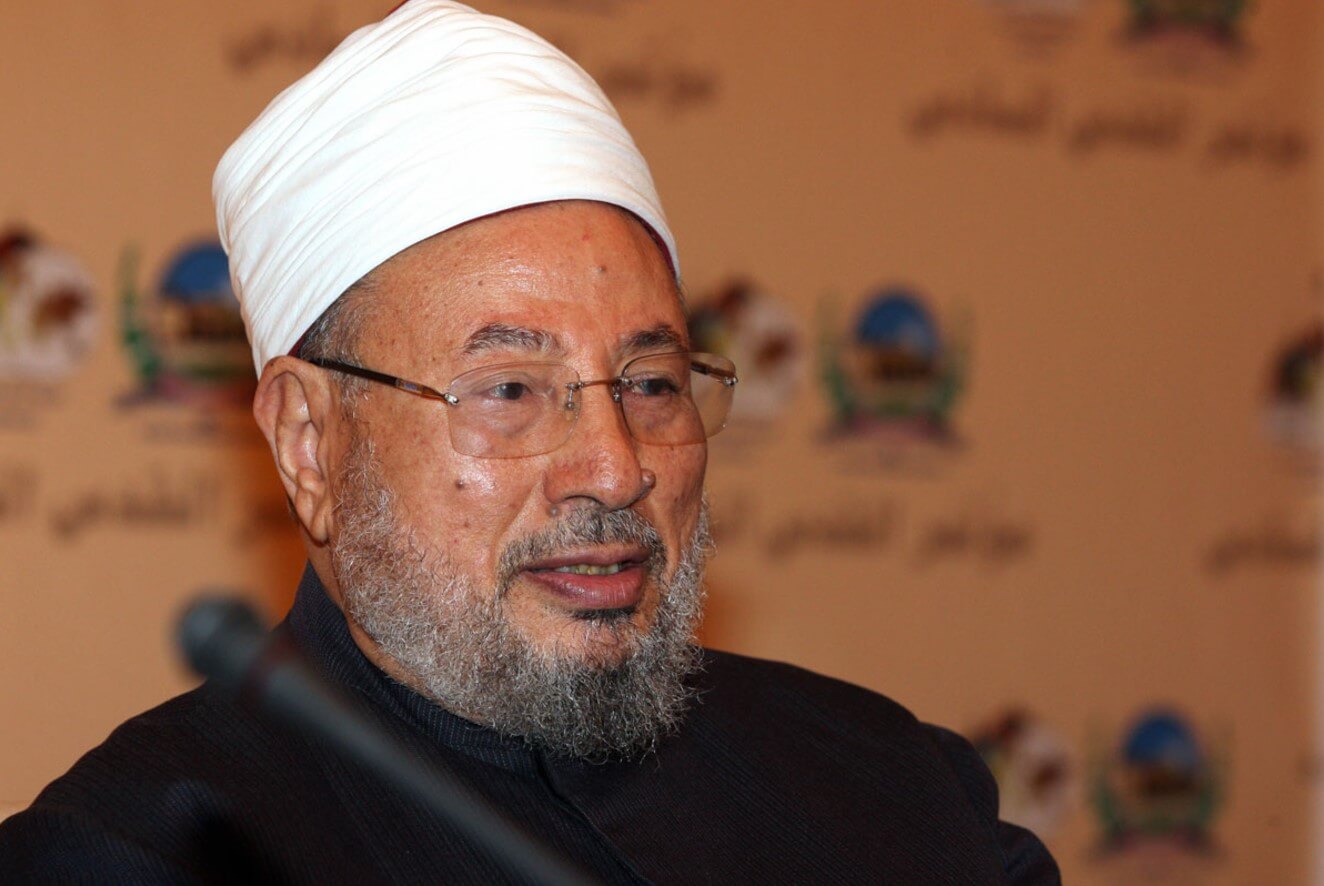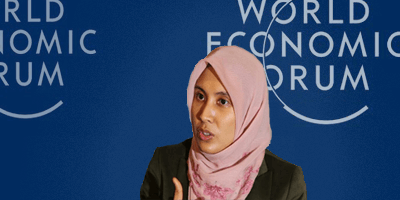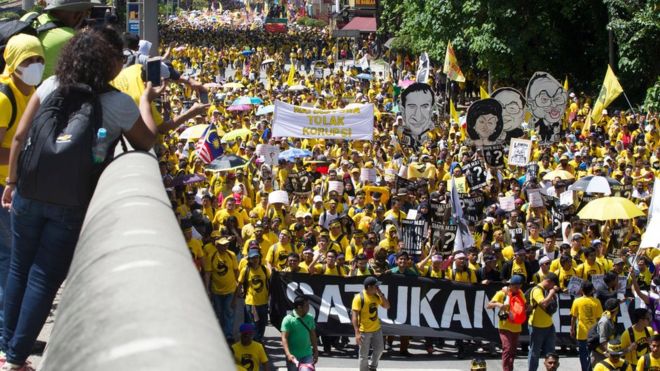It is truly a momentous occasion to have Mustafa Akyol present before us here today. We last met during the 2015 Oslo Freedom Forum.
Today is an even more of a privilege as we inaugurate the launch of the Malay translation of his thought provoking and timely book, “Islam Without Extremes – A Muslim Case for Liberty”, “Islam Tanpa Keekstreman: Berhujah Untuk Kebebasan”
Mustafa’s arrival in Malaysia comes hot in the heels after yet another bomb attack in Istanbul – which halted my travel plans as all engagements were postponed – I was about to board the plane to Istanbul when I heard the news.
I felt the vulnerability then – a clear and present realization of danger – as globalization brings us that much closer to one another – through freer flow of humans and knowledge – and with it, even closer in proximity to the war against extremes.
Terrorism in all its manifestations is abhorrent to human conduct. No religion sanctions such activities. Under no circumstances is deliberate targeting of non-combatant civilians ever allowed.
Yet, the world has failed to eliminate this menace. Instead, we have only seen an unprecedented increase in the frequency and severity of such incidents as the murderous juggernaut becomes ever more sophisticated.
Islam, a religion of peace, categorically condemns any and all acts that threaten and destroy human life in peaceful times. It has an elaborate legislative matrix to protect the dignity and sanctity of human life conveniently ignored and abused by many who act in its name.
Clearly terrorism leaves us with little choice – other than to make an active foray into the effort of pushing back against the prevailing ISIS narrative.
In this regard, among the key themes of Mustafa’s work, which also resonate with Muslims in Malaysia is the importance of decoupling our faith and religious tradition from cultural biases and legacy behaviors which are not necessarily part of religion.
He reminds us of the need to rediscover and share the essential liberalism and tolerance of Islam in our modern context – especially to thrive as a nation of multiple faiths and cultures, granted with Islam in Malaysia as the official religion of the Federation.
Mustafa repeatedly explains that even when we don’t agree on issues, we, as societies must agree on how to allow disagreement. He further adds, that differences were something inherent in Islam, not opposed to it.
Recall Sheikh Taha Jabir Al Alwani’s treatise of ethics of disagreement – which mandates us to hear and engage different points of view from our fellow concerned Muslims – based on both civil and ethical guidelines.
Adaabul ikhtilaf fi al Islam’ – are views on the ethics of disagreement in Islam – an explanation on the etiquette envisioned by Islam for all those engaged in discourse and intellectual dialogue including perspectives on the shariah which provide Muslims with perspectives wider than the usual set of pedantic debates over points of law.
As such, knowing fully the need in denouncing terrorism should only bridge the divide between fellow Muslims. This is no time to lay the blame game for terrorism on each other, but a time to fix our ethics and set of priorities against the rise of extremists.
We already have to fight the monstrosity of ISIS – why waste time on each other?
As Mustafa asserts , we know the need to decouple religion from behaviour, good or bad, in a pluralistic country while still calling on Muslims to lean on their religion in order to pursue ideals of tolerance and generosity – not exclusion and marginalisation.
One of the key things that struck me from Mustafa’s speeches was him relating his pilgrimage experience in Mecca – the holiest shrine of Islam.
“There was no separation of sexes, men and women were worshipping all together. They even conducted the tawaf together – around the Kaabah. And this stood in stark contrast with the rest of Saudi Arabia… ”
We have to break away from us versus them mentalities – worldwide. Away from Muslim versus Non Muslim, Islamist versus secular, Turk versus Kurd, and Malay versus Chinese. Such bigoted fears and prejudice are precisely the fuel that continues to burn the ISIS agenda.
Mustafa issues a refreshing challenge to the modern Muslim to be both introspective and civilly engaged – both spiritually connected and politically active.
While I may not agree with Mustafa on everything politically – but I share his views on an ethic of civil and truth seeking disagreement – necessary for everyone – but especially pertinent in the engagement between fellow Muslims.
Turkey and Malaysia have been and continues to be great hopes for the whole ummah – the much expected haven for Muslim democrats with better political, media and economic institutions than the rest of the Muslim world — BUT both countries have the challenge of staying on a path of continuous improvement.
The challenge of not slipping back on the long and difficult path to complete the many necessary institutional reforms that will ultimately be necessary before our nations are global leaders in an absolute sense.
In Malaysia we very much appreciate that the problem of we are facing is not “authoritarian Islam” per se but a legacy authoritarian culture and practices of people who happen to be Muslims.
The grossly distorted gerrymandering of electoral districts, numerous instances of electoral fraud, a complete chokehold of print and televised media by the ruling party or its allies – and worse – the continuing use race and religion in politics.
Mustafa addresses this battle against authoritarian legacies be it Muslim or non Muslim (ie secular) through a touching chapter on his own experiences as a child, visiting his father in Mamak prison.
I quote, “As the inmates lined up on the other side of the barbed wire fence, I came side by side with him – my father. He was much thinner than 4 months earlier, the last time I had seen him and his head was shaved. Yet he had the same big smile on his face and he greeted us happily.
As I remember vaguely, he told me that he was very comfortable at the prison and that he would be home soon. There was systematic torture at Mamak Prison, and my father was on trial for capital crimes. For what – for nothing but being a public intellectual. I, as a Muslim kid, faced tyranny not in the name of Islam – but in the name of a secular state. It is this illiberal mindset, rather than religion or secularity as such is the problem.”
I end by congratulating IRF and Mustafa for courageously and actively taking on this issue. We can no longer be innocent bystanders – or in the unlucky sense possible victims to the ongoing cycle of extremism led violence or the ensuing Islamophobia that engulfs those who choose to fear.
As Jakarta proved through their #JanganTakut #JakartaBerani taglines, so must we assert ownership in democratic traditions against all forms of tyranny.
Terrorism is upon us. It is no longer something distant from our shores. We had better get that right and address its root causes; instead of using it as a justification to silence legitimate thought and dissent.
Selamat meluncurkan buku, Sdr Mustafa Akyol!
NURUL IZZAH ANWAR



